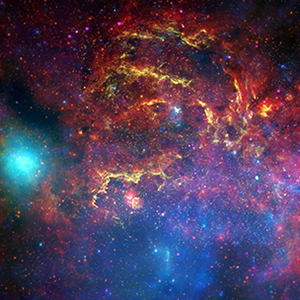
The goals of the New Great Observatories Science Analysis Group are to analyze and answer the following questions:
Questions? Contact the PhysPAG, COPAG, and ExoPAG Chairs: Grant Tremblay, Meredith MacGregor, John O’Meara, Jessie Christansen, and Amanda Hendrix.